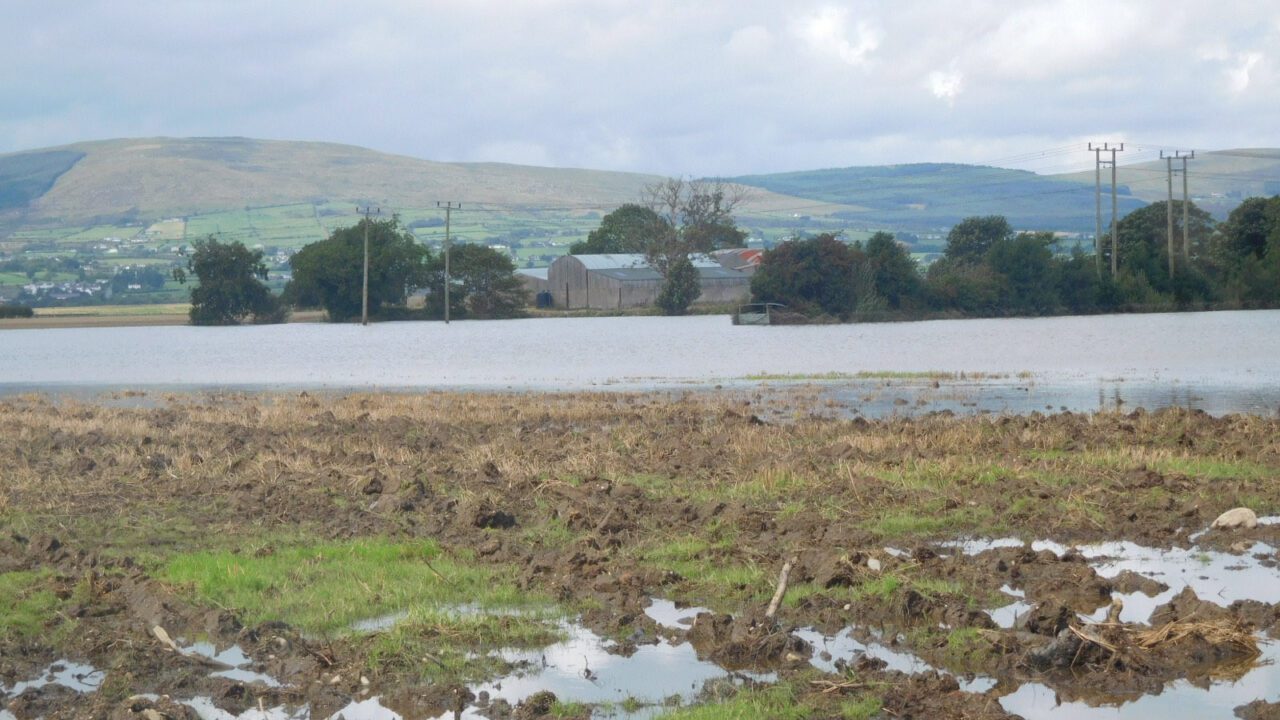The Joint Committee on Agriculture, Food and the Marine has today (July 12) published its report on ‘Climate Change and Sustainability in the Agriculture and Food Sectors’.
The report offers 35 recommendations for tackling climate challenges in the agricultural, marine and environmental sector.
Some of the chief measures include supports to assist farmers grappling with extreme weather systems; and energy tariffs to encourage the use of renewable energy by farmers.
Committee chairperson, Pat Deering TD, said: “There is no arguing that climate change is a critical issue that needs to be addressed urgently.
Farmers can play a vital role in tackling climate change; but, measures should be put in place to ensure that their livelihoods are not negatively impacted by evolving farming practices.
“The report we have published today makes 35 recommendations that identify potential policy solutions for these challenges – representing farming, sectoral, marine and environmental sectors,” he said.
Deering outlined how climate-related losses in crop and livestock productivity continues to impact negatively on farmers.
With this in mind, the report proposes that measures be put in place to assist farmers, and rural communities, in responding to the impact of extreme weather events including: shortages of fodder; winter storms; and heatwaves.
“Schemes and practices that are orientated towards the goal of carbon neutrality should be implemented and investment in biomass should also be encouraged,” said Deering, adding that “we must agree on a way forward”.
With this report, the committee hopes to assist policy in “continuing Irish agriculture’s success story”; while also finding new successes in sustainability and the environment.
“Investment and political will are needed and with this report, the committee hopes to provide a basis for engagement between stakeholders and Government, enabling the development of a common agriculture strategy,” said Deering.
- Readily available measures should be put in place to assist farmers and rural communities in responding to the impact of extreme weather events, such as, shortages of fodder, winter storms and heatwaves;
- That the multi-stakeholder Dairy Sustainability Ireland initiative is supported;
- That the Smart Farming Programme be expanded;
- That resourcing be provided to examine the potential for seaweed additives and smart grass as a means of mitigating greenhouse gas emissions from livestock;
- The development of a Climate Activation Programme, to include measures such as an enhanced GLAS scheme and energy tariffs which incentivise the use of renewable energy by farmers.
Premium tariff
The committee also recommends the introduction of a premium tariff or subsidy that encourages the use of renewable energy.
Proposals have also been made for the establishment of a scheme to promote agroforestry among Irish farmers through the provision of adequate supports and incentives – including that consideration be given to making designated land available for planting.
It has also been recommended that measures should be taken to prepare for any adverse impact of climate change on stocks – including cod and haddock in the fisheries sector and wild salmon in the angling sector.
